This Lincolnshire town was the home of Ealhswith, the daughter of Aethelred of the Earldom of Gaini, from were Gainsborough takes its name.
Bishop Asser in his biography of Alfred wrote:
"was betrothed to and married a wife from Mercia, of noble family, namely the daughter of Æthelred, of the
ealdorman of the Gaini. The woman's mother was called Eadburh, from the royal stock of the king of the
Mercians. I often saw her myself with my very own eyes for several years before her death.
She was a notable woman, who remained for many years after the death of her husband a chaste widow, until her death."
Ealhswith married Alfred in Gainsborough and afterwards they feasted at the Gainsborough Castle, home to the Earls of Gaini. Today, the town's castle is long gone but standing on the site is the towns famous Old Hall. Gainsborough remembers Ealhswith with Elswitha Hall a fine town house of red brick which stands next to Gainsborough's Guildhall, overlooking the River Trent.
Little is known of Ealhswith life but we do know that she was the mother of five children two of which became great leaders. Aethelflaed her daughter was the ruler of Mercia from 911 until her death, and Edward the Elder was king of England from 899 until 924.
On Alfred's death Ealhswith was bequeathed three estates, one was Edington in Wiltshire, which you can see in the images below, where in 879 Alfred fought against an uncoordinated band of Vikings under its leader Guthrum who Alfred later persuaded to convert to Christianity.
"the true and dear lady of the English"
She was buried in the Benedictine abbey in Winchester that was begun by Alfred but finished by her son Edward the Elder.
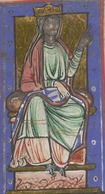
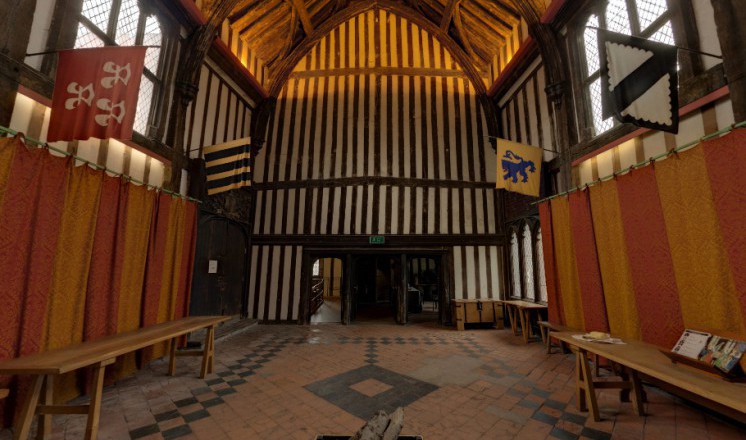
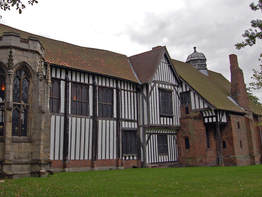
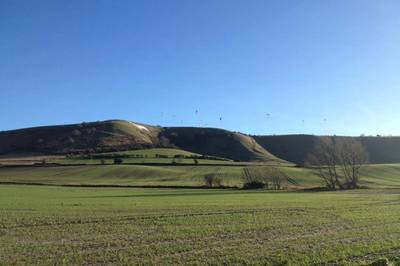
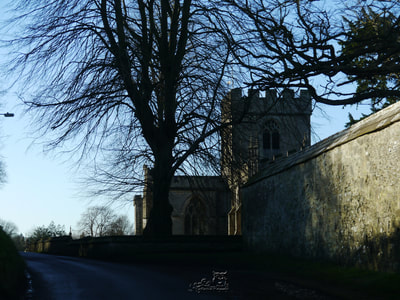
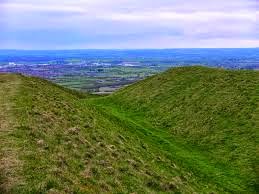
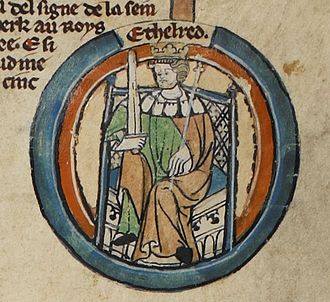
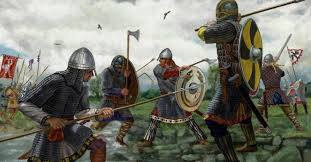
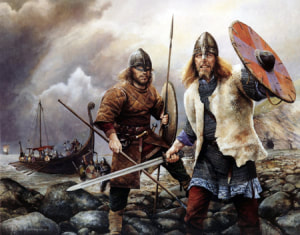
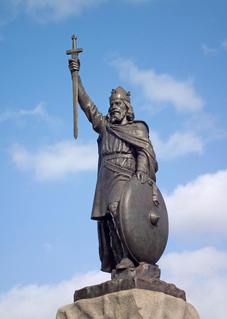
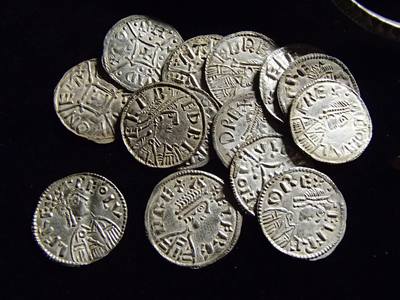
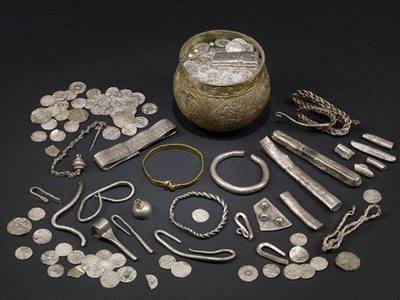
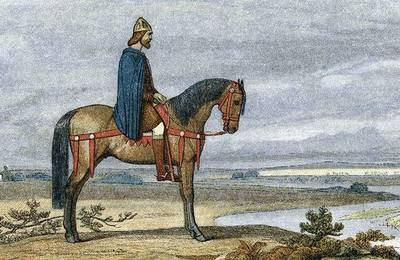
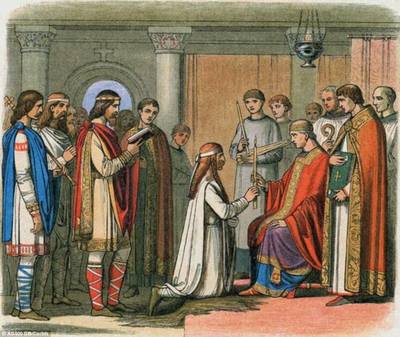
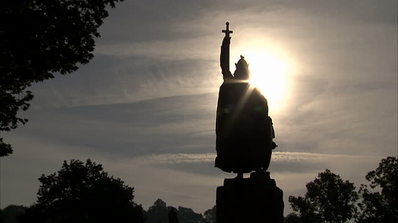
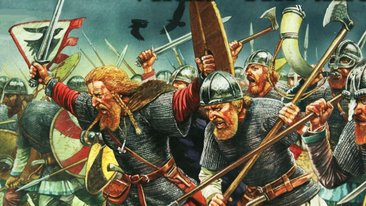
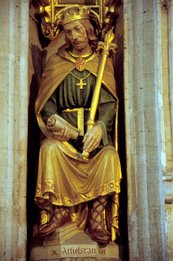
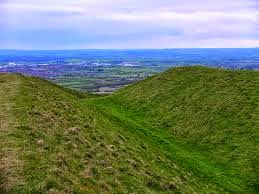
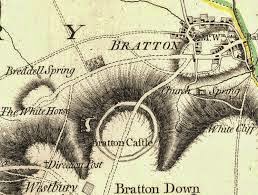
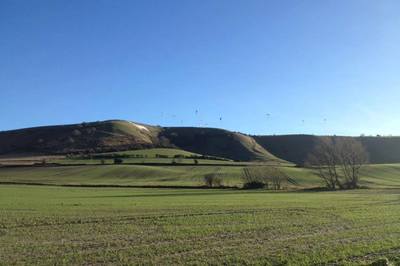
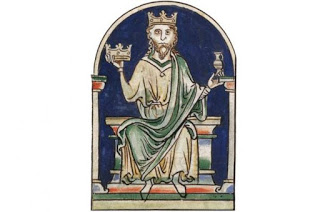

 RSS Feed
RSS Feed
